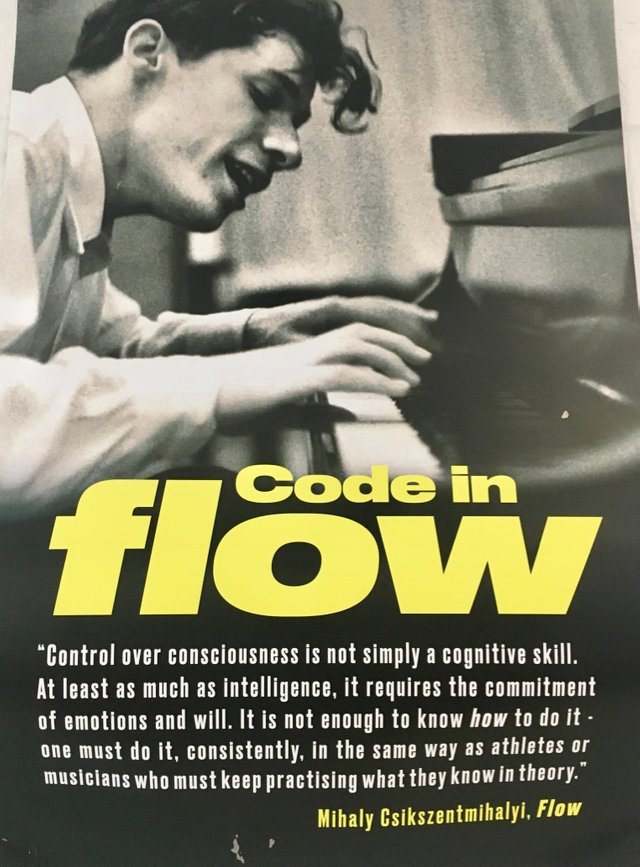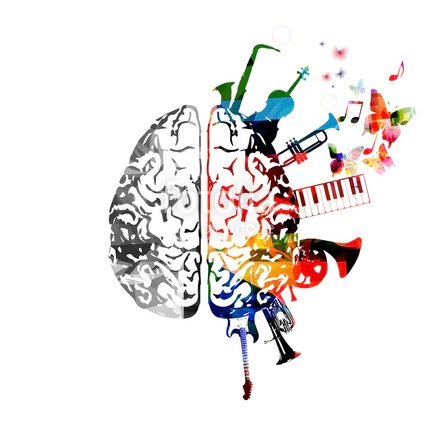The Brain Train

Two small red foxes greeted me at my doorstep as I dragged my life (crammed into an oversized duffel bag, two suitcases, a backpack, a violin case and a bike box) up to the front door of my flat at 15 Kitley Gardens. They observed me wearily but not fearfully, their bright eyes poking out at me through the dusk. Nighttime in London is scattered with foxes. They’re like the trash bears of the UK, although markedly more agile. My apartment complex borders a wooded area (which are common in London, to my relief) from which they emerge under the cover of darkness to scavenge. Some folks scare them off, but I really dig having them around. I’ve guessed that the two that frequent the grassy quad near my front door are a mother-child pair; they’re named Mabel and Rowan.
I never figured myself for a city person, but there’s a quirky romanticism that weaves itself into the hustle. Life moves fast here, as do the cars (or maybe that’s an illusion created by the tiny streets). It’s as though London was built for horse carriages and then serendipitously populated with the 21st century. Actually wait… no, that’s exactly what happened. In any case, it wasn’t conceived with bikers in mind. Streets are narrow, bike lanes are narrower, cars whiz, streetlights hum, the rain spatters onto pavement.

The differences between at the UK and the US that come to the surface are thin. The the transportation is better, the produce is worse, and the accent makes everyone sound smarter. People are still usually in a hurry, nobody smiles on the subway, the climate deniers are all still libertarians. The most noticeable change for me has the one between the mountains and the city (I haven’t seen a mountain bike in 3 weeks. It’s weird.). I’m open to being challenged on this, but I don’t think giant cities are the best living situation we can come up with as humans (if only we could all live in a Paolo Soleri painting). But we’re a species in our infancy and we’re still figuring things out, just give us another couple hundred years to get it right.
The lacquered hillsides don’t suffice for mountains and the parks don’t do the forests justice, but ideas rain down on the concrete jungle like water trickling from a rainforest canopy. It’s all just a dense condensation of brains, ideas gushing and rushing through the narrow city streets like action potentials lighting up axons.
Home at my flat, my mind is busy. One particularly prominent side-effect of the excess physical and mental space provided by solo living is the uninterrupted interface with the endless stream of one’s own thoughts. It’s not a sense of loneliness per se, but a fog of mind that can become hazy and heavy. Community has always pervaded my sense of home; the ups and downs of constant contact with parents, roommates, girlfriends, siblings, etc. brings excitement and challenge to domesticity. In the absence of all that, one finds oneself at the mercy of one’s omni-directional and unpredictable Train of Thought.
My very first notion of meditation came from my godfather figure, Joseph, who lived next door to my family growing up. He gardened and meditated, sometimes going months without speaking and taking periodic trips to India for retreats. I remember thinking, “why would anyone want to walk silently back and forth through the garden and not talk for a month?” (it just sounded so counterproductive to building Lego fortresses and playing basketball and eating candy). On the surface, meditation always sounded like a good idea, but even as a young adult its practicality was lost on me (as if its usefulness couldn’t be more than transactional). I couldn’t shake the idea that if I wasn’t enough without it, I’d never be enough with it. And, like many other pursuits of the mind, it is plagued by platitudes (eg. enlightenment).
Ironically, the same evidence-based scientific (possibly narrow-minded, admittedly) mindset that steered me away from pursuits of the mind (I hesitate to say spirit) steered me back to them. It truly began in the context of my latest drastic life upheaval: relocating overseas and going back to school. The first acceptance email from Goldsmiths catalysed a summer-long process of stripping down preconceptions and narratives about what it means to live a good life and what it takes to be happy, a task to which daily meditation became an integral partner. A necessary rebalancing of priorities. Two academic/creative works have influenced my recent outlook on meditation and the mind: a writer, podcaster and meditator named Sam Harris (specifically his podcast and his meditation app (which I use and love)), and Michael Pollan’s latest book, “How To Change Your Mind” (a deep dive into the history, criminalisation and current landscape of psychedelic research, and Michael’s own psychonautic adventures into altered states of consciousness). Needless to say, I can’t recommend either of these highly enough.

In a crooked corner somewhere along this dusty intellectual path, it occurred to me that most people wake up in the morning, go about their days, explore their environments and interact with the world while at the mercy of a perpetual and all-encompassing mild case of anxiety disorder called the Train of Thought. I don’t mean to say that thoughts are bad in a general sense, but when set free, they can lead to unintended consequences. The first and primary illusion in this metaphor is that you are the conductor of the Train. It certainly seems this way outside our heads, but unfortunately that’s not the case; it goes where it wants to go. There are no stations, no schedules, and no lunch breaks. It passes through forests of memories, over hills of projections, past the towering cities of ego. The farther and faster it goes, the harder it seems to get off. You recline in your seat and gaze out the window, watching the world blend and blur. Life presents the secondary illusion to you in bedazzling clarity: not that you are on the train, but that you are the train. To set yourself free from its tracks is to realise that the feeling you experience of being directed by this Train is just that, an illusion. The truth is that your subjugation to the unintelligible progression of thoughts and feelings that arise in your experience spontaneously is not compulsory, and even the act of attempting notice that can be profound. You are not your thoughts.
Platitudes and truisms generally turn me off. Phrases like “I became one with the universe” waft purposelessly from nearby conversations, and I grimace. Not because the statement “we are all one” isn’t literally true, but because the meaning it bears is solely subject. Mindfulness and meditation (I’m not sure which of these is a subcategory of the other, or if they’re fundamentally different) sometimes suffer from this same barrier, which is why I think legitimate scientific studies into altered states are so important. There are those who uncover the lion’s share of benefits from the practice of meditation/mindfulness in the spiritual realm. For others, it’s in the material world. And for others still, I’m sure it’s some of both. At the very least, meditation is goal-oriented skill-based practice that brings about a measurable effect on wellbeing over time. So, Train your Brain girls and boys, lest your Thought Train lead you astray.
Hi! I am a robot. I just upvoted you! I found similar content that readers might be interested in:
http://www.turnontunein.org/blog/thebraintrain/
Congratulations @turnontunein! You received a personal award!
Click here to view your Board of Honor
Do not miss the last post from @steemitboard: